Practical fisheries research for practitioners
Management and care of fish stocks cause interactions with the aquatic environment -such interactions, their need and impact on the environment, are part of currently discussed topics about the future: general consequences of climate change, how can food security be ascertained, how can resources be provided on an ongoing and sustainable basis, what about securing genetic variability - and the overall protection of the environment.
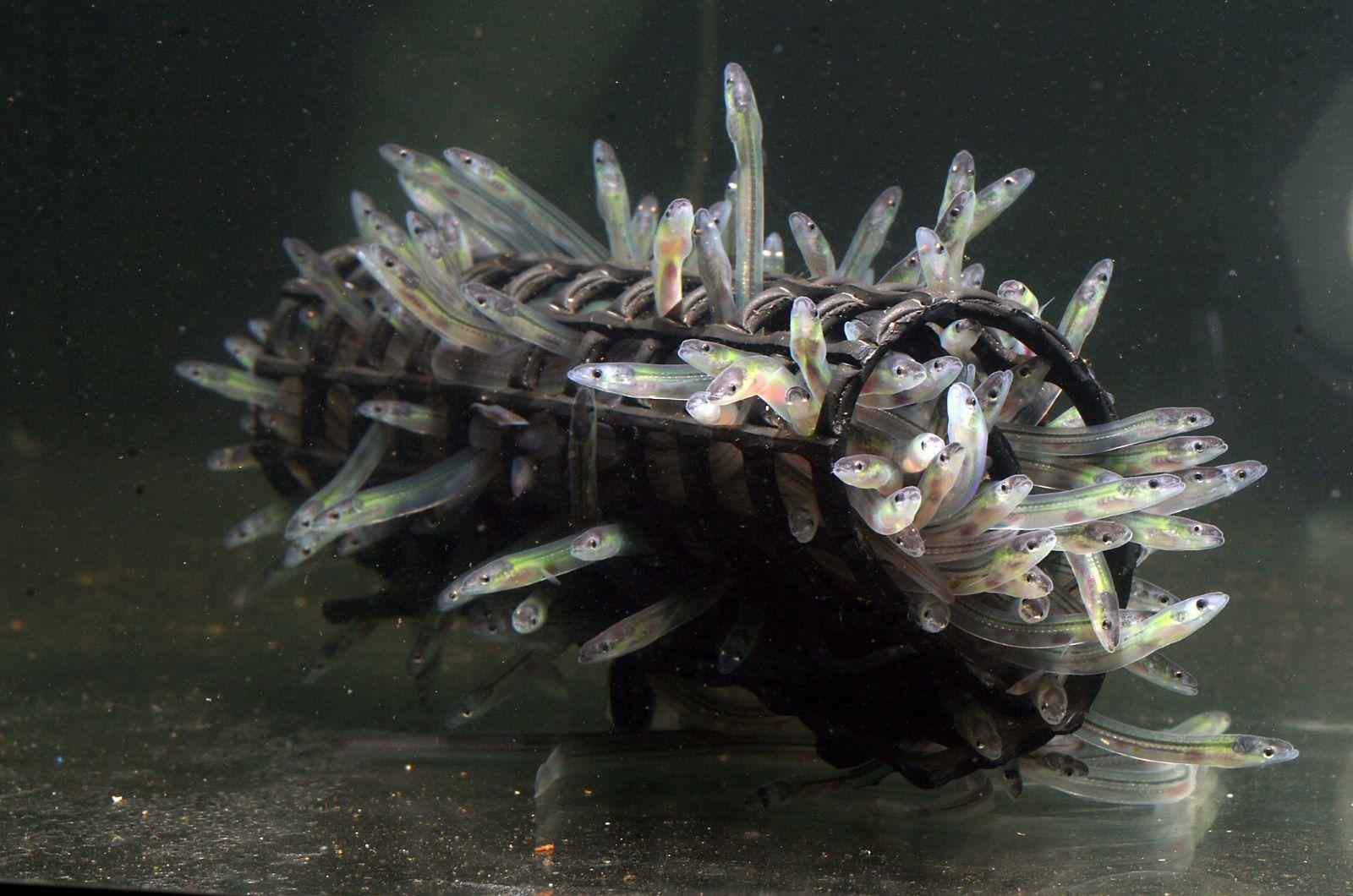
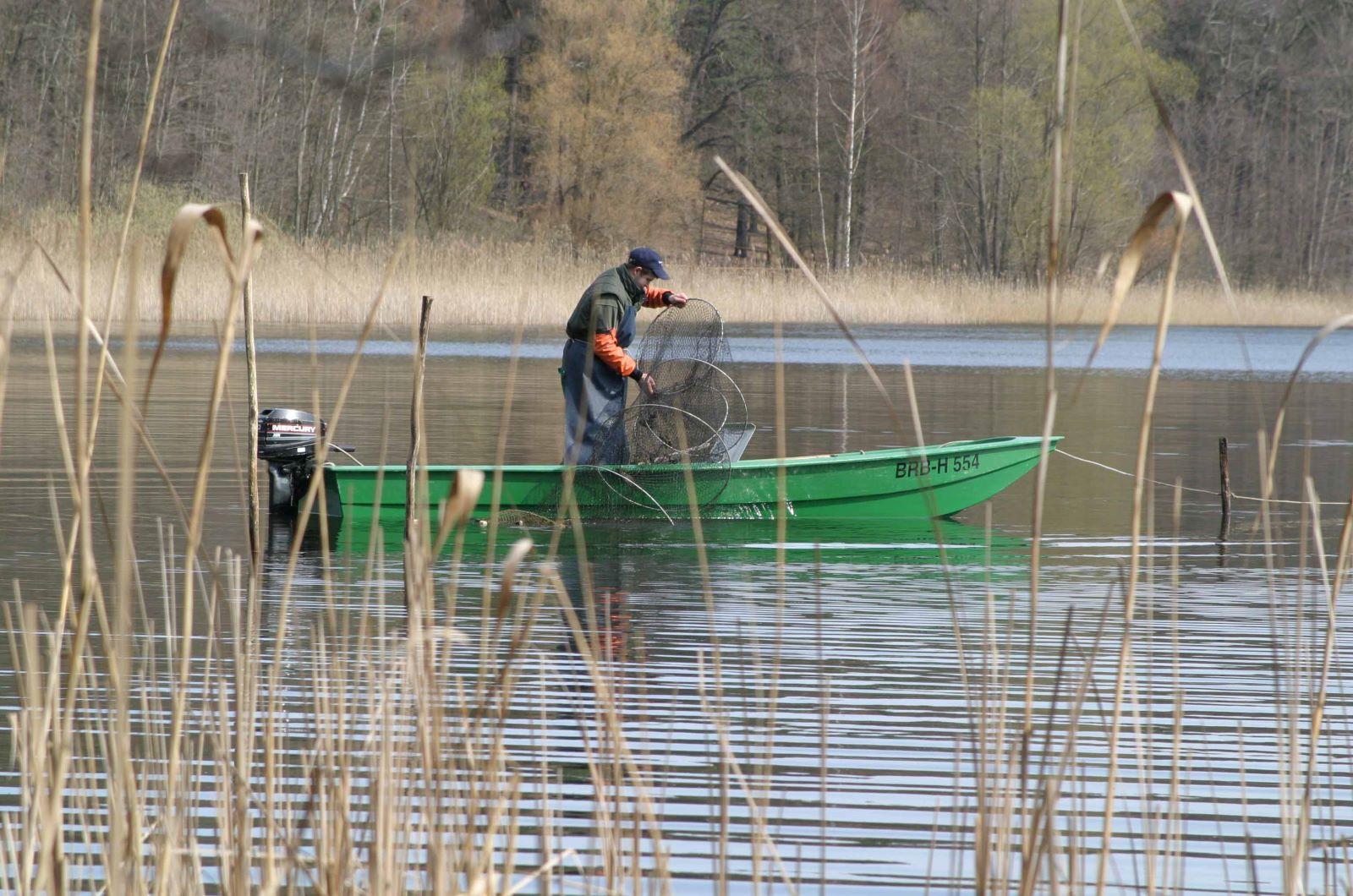
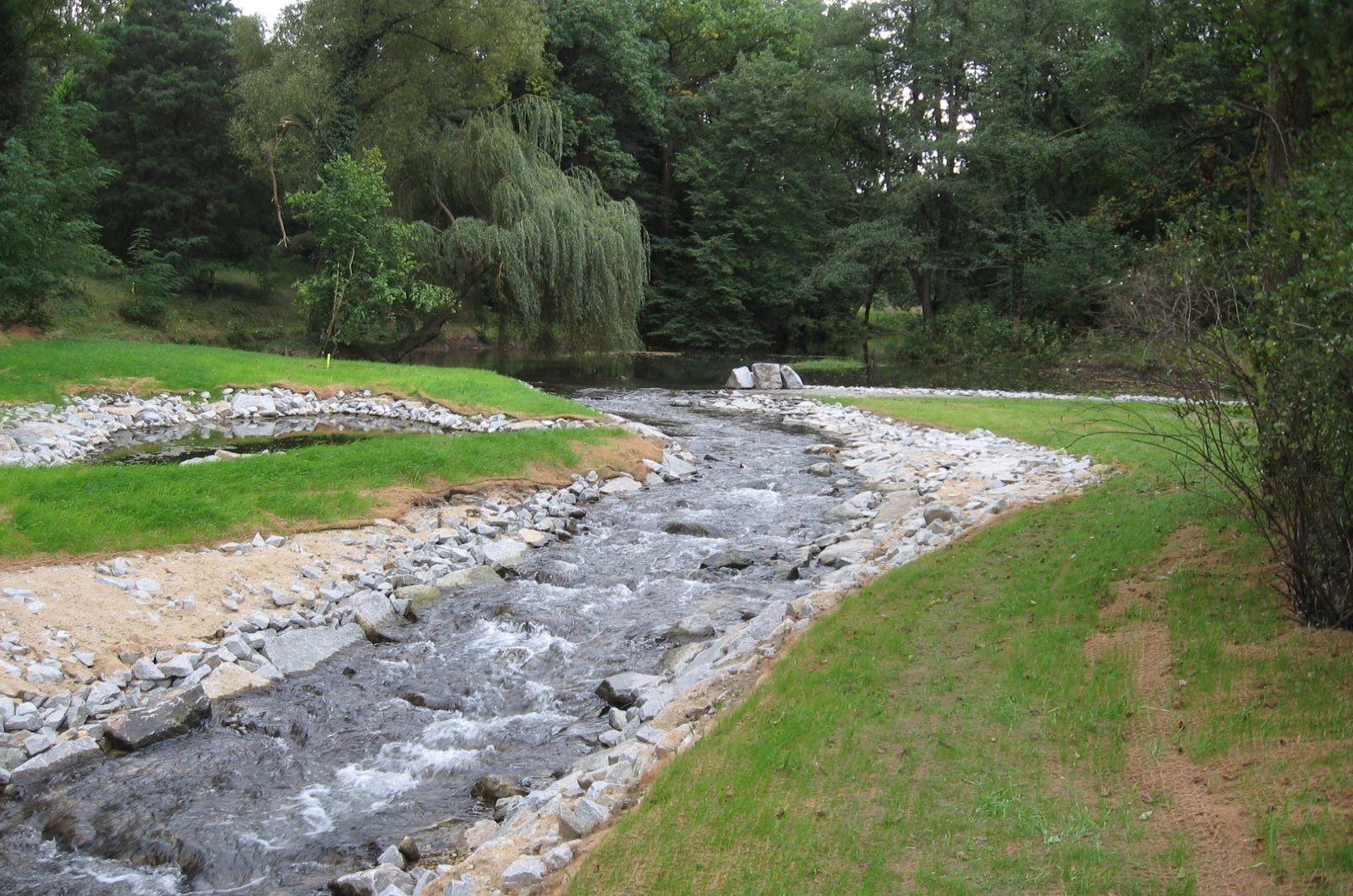
This means fish stocks have to be managed in accordance to regional, national and international laws and guidelines. Over-use and damage to populations or waterbodies have to be avoided. Further, the development and optimisation of new technologies that enable environmentally sensitive controlled multiplication and raising of fish in aquaculture are a constant endeavour.
We strive to inform and support not only fisheries professionals but also fisheries-related political decision-makers by our research, which is closely aligned to the practical questions. We also want to reliably inform consumers, enabling them to make informed decisions, and we want to further the cause of general environmental protection.
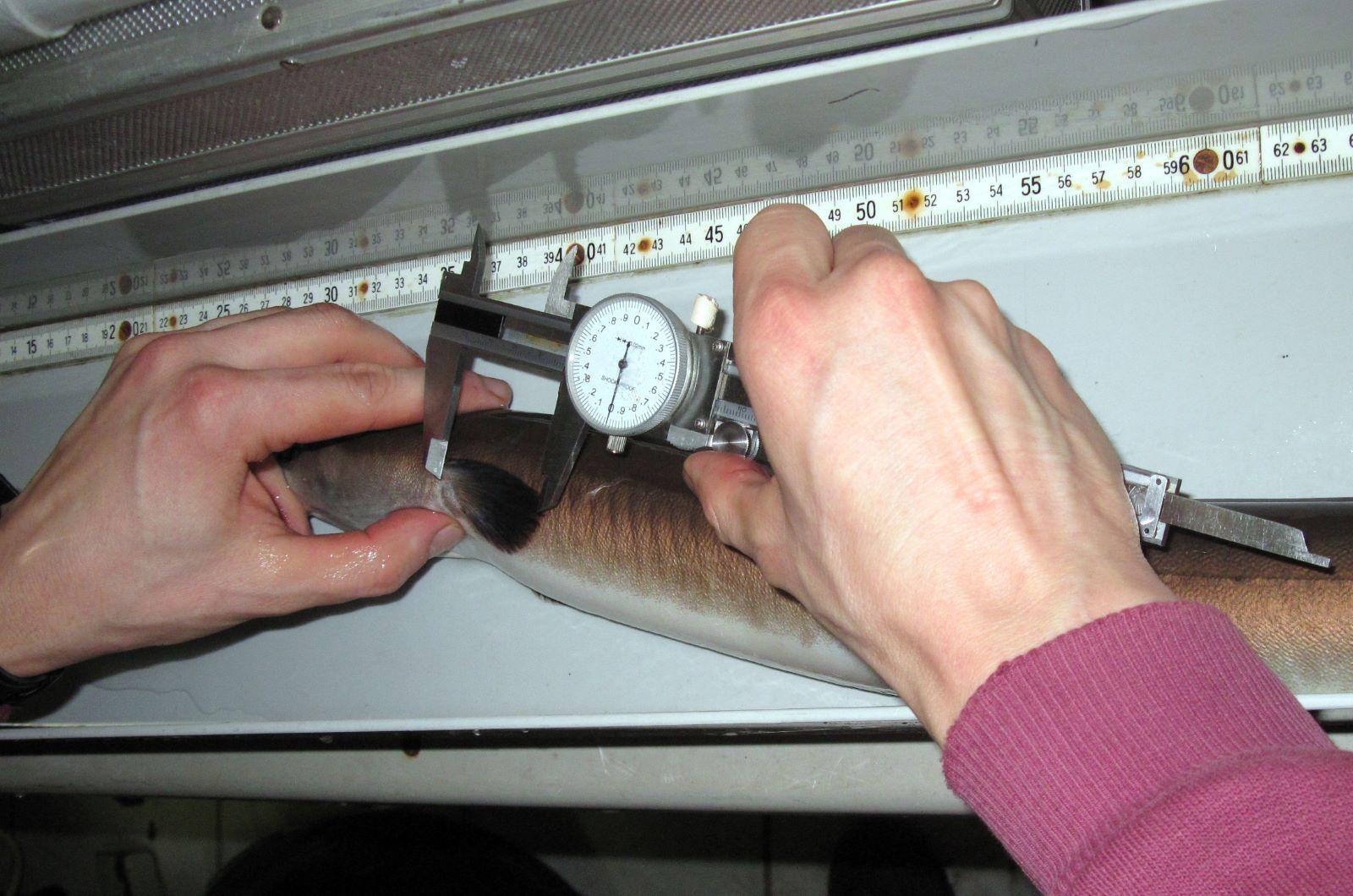
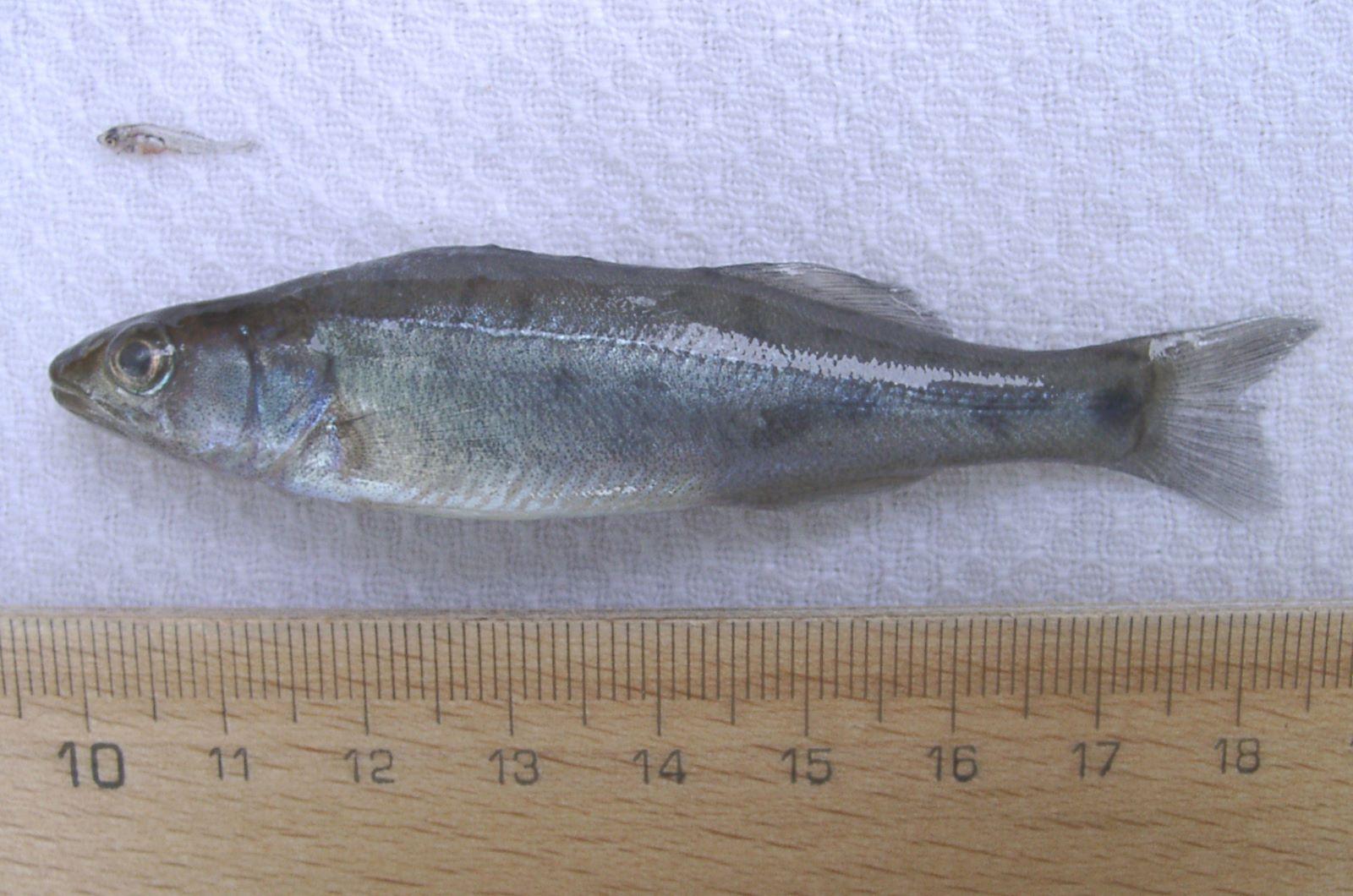
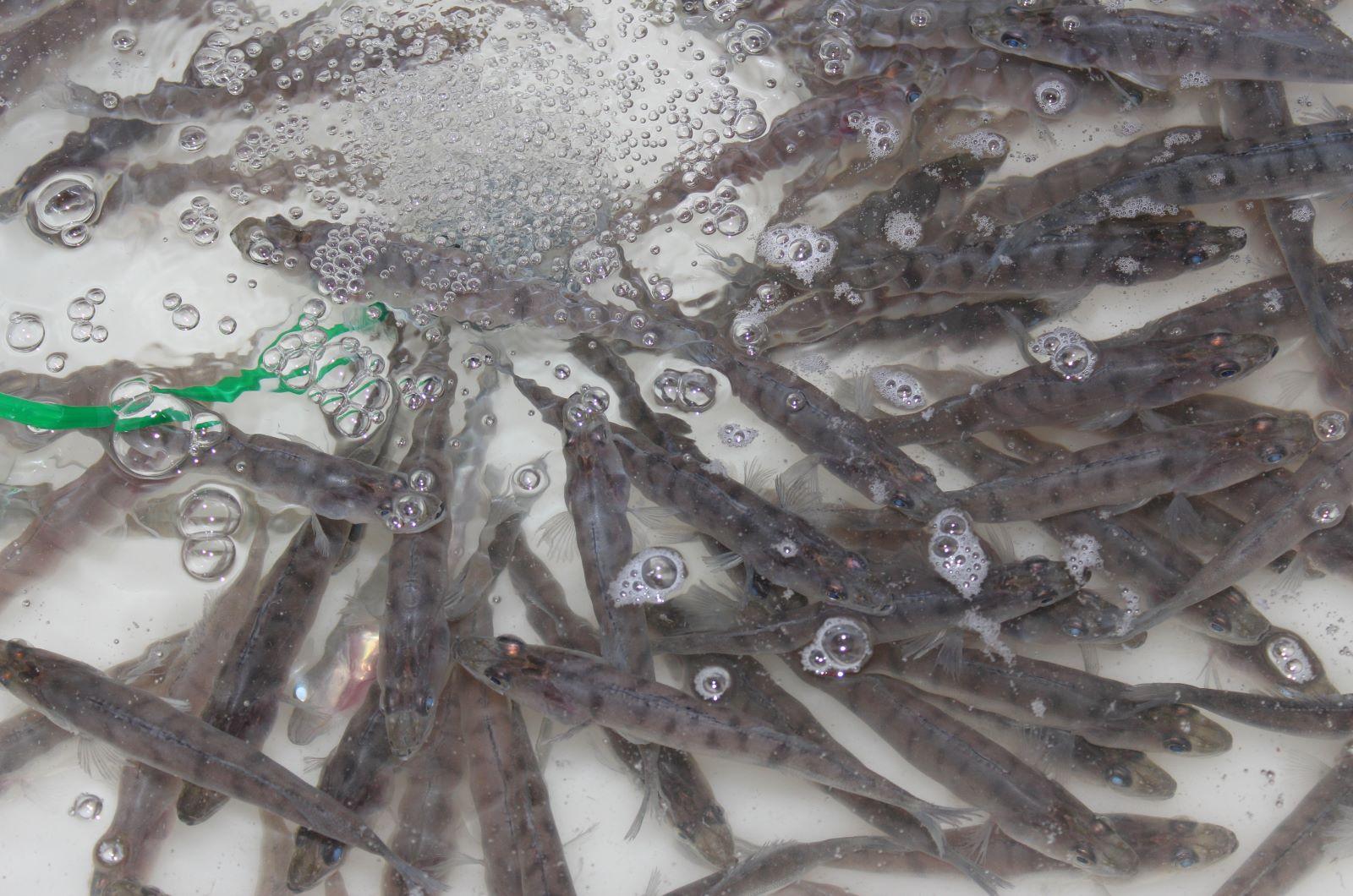
Our research covers fundamental questions resulting in applicable knowledge that contributes towards sustainable and economically viable professional fisheries and fish production in aquaculture. The IfB's research results are also supporting fisheries-related political decisions by providing solid evidence to the stakeholders. Our engagement in education and higher education is evident by regular provision of lectures at various German Universities. Another important part of our activities is the informing of the interested public and anglers on current developments in the fisheries sector, about fishes in general, and about water bodies and their state and protection.




